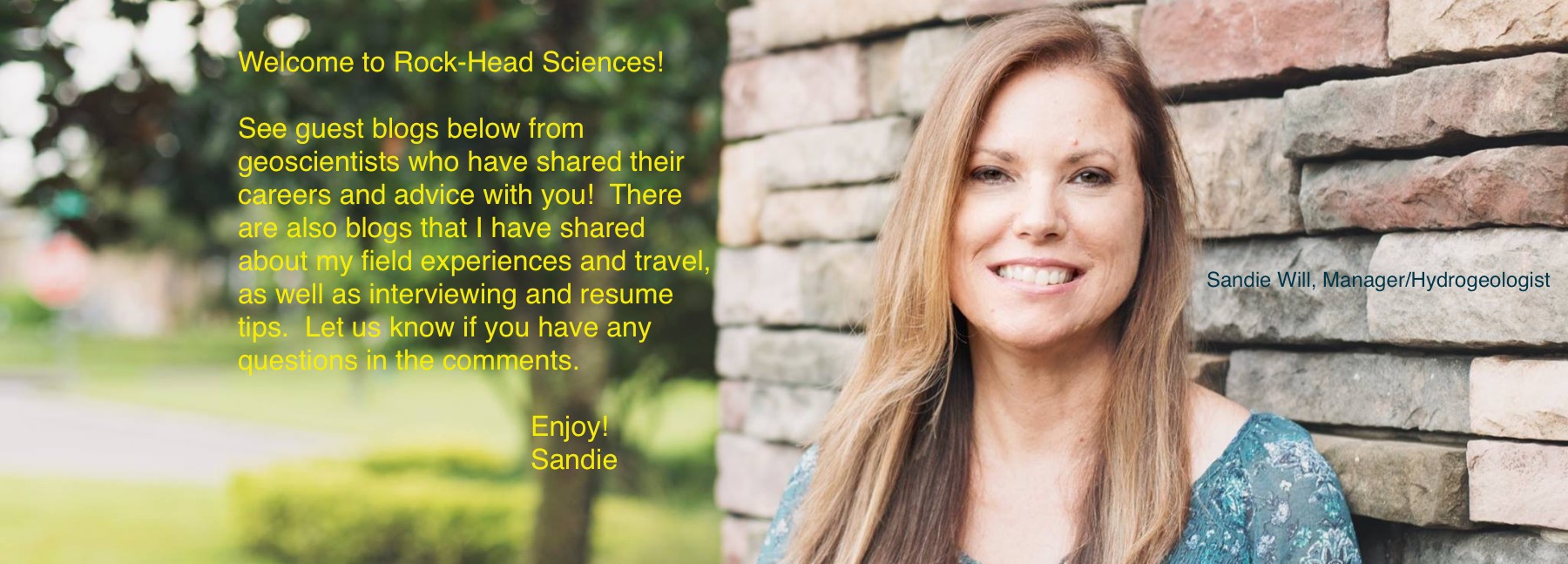
“The good side of coastal geology.” Alessio Rovere, Junior Group Leader in Marine Sciences. Photo copyright: Elisa Casella
NAME: Alessio Rovere
CURRENT TITLE: Junior Group Leader; Adjunct Research Scientist
AREA OF EXPERTISE: Marine Sciences, Sea Level and Coastal Changes
YEARS OF EXPERIENCE: 5+
EDUCATION: I was born 100 meters from the Mediterranean Sea in Northwestern Italy. In 2011, I received my PhD in marine sciences from the University of Genoa, Italy. Following this, I did a two-year postdoc at Lamont Doherty Earth Observatory at Columbia University, where I still hold a position as adjunct research scientist. Since March 2014, I have been the junior group leader of the ‘sea level and coastal changes’ group at MARUM, University of Bremen and the Leibniz Center for Tropical Marine Ecology in Germany. In brief, a junior group leader has the duty to manage staff (PhD students and postdocs) to independently realize research projects and assume budget responsibilities.
I use field techniques combined with various modeling approaches to understand past sea levels and past climates. My research also has a focus on modern coastal processes. I have a broader interest in the application of new field techniques (such as Unmanned Aerial Vehicles), geographic information system (GIS) tools and hydrodynamic models to investigate environmental issues, such as coastal erosion and extreme wave events.
WEBSITE: http://www.coastalgeomorphology.com
What’s your job like?
My job is a combination of collecting data during field trips and analyzing the data and writing papers during periods in the office. In general, I am the guy that tries to gather observations as precisely as possible in the field. Therefore, I need to travel with a lot of gear, such as global positioning systems (GPSs), drones, echo sounders to measure bathymetry, and all kinds of sensors. And, of course, my hammer…at some point, someone was calling me, “Inspector Gadget”…

No matter how much technology one uses, in the end, geology is about breaking the rock! Bahamas, 2016. Photo copyright: Elisa Casella
What’s a typical day like?
When I am in Germany, I arrive in the office around 8-9 in the morning. First thing, I check in with the other members of my group (PhDs, masters, postdocs) to see if there is anything they need to ask or tell me. Then, I do the usual office duties: email, administrative tasks that I procrastinated for ages, etc. Then, I basically work on my data or write unless there is some meeting or some interesting talk in my department.
When in the field, it’s quite different. Usually we wake up early (we work mostly in tropical areas, so early morning is cooler). Most of the times, we drive or walk for many kilometers in search for new sites to sample or we do surveys to monitor some particular coastal process. Sometimes (it can get really fun) we have to jump in the ocean and secure some sensor on the bottom of a coral reef.
What’s fun?
Everything related to my work is fun! I always have a great time in the field, but also when I am in the office, playing with some new dataset, I have fun. I am grateful for my job.
Last year, for example, was a blast! In May, together with some German and Ghanian colleagues, we walked nearly 10 kilometers with a GPS in our backpack along the beach in Ghana to get data to monitor coastal erosion. In August, I joined my team and some French colleagues to Tahiti, where we measured the energy of the deadliest wave on the planet. Check it out: it is called Teahupo’o — in Polynesian it means “the wall of skulls.” There are some scary waves out there. What kind of job allows you to do all this?
What’s challenging?
I think the main challenge is to accept that no matter how good you are, finding a permanent job in academia is very hard nowadays. Even worse, if your better half is a scientist as well, it can get really crazy to keep together personal and professional lives.
Also dealing with failures can be challenging. As an example, you have to be self-confident to deal with the fact that the paper you worked on for so long was “destroyed” by reviewers who decided that it was not good enough to be published in that high-impact journal!
What’s your advice to students?
Try to decide what you want to do early in your career and dedicate yourself fully to it. If you want to become a scientist, think of what is ground-breaking in your field of research and work on it. And do not be discouraged if you find out that, in the end, it was not that ground-breaking: it is a learning process!

